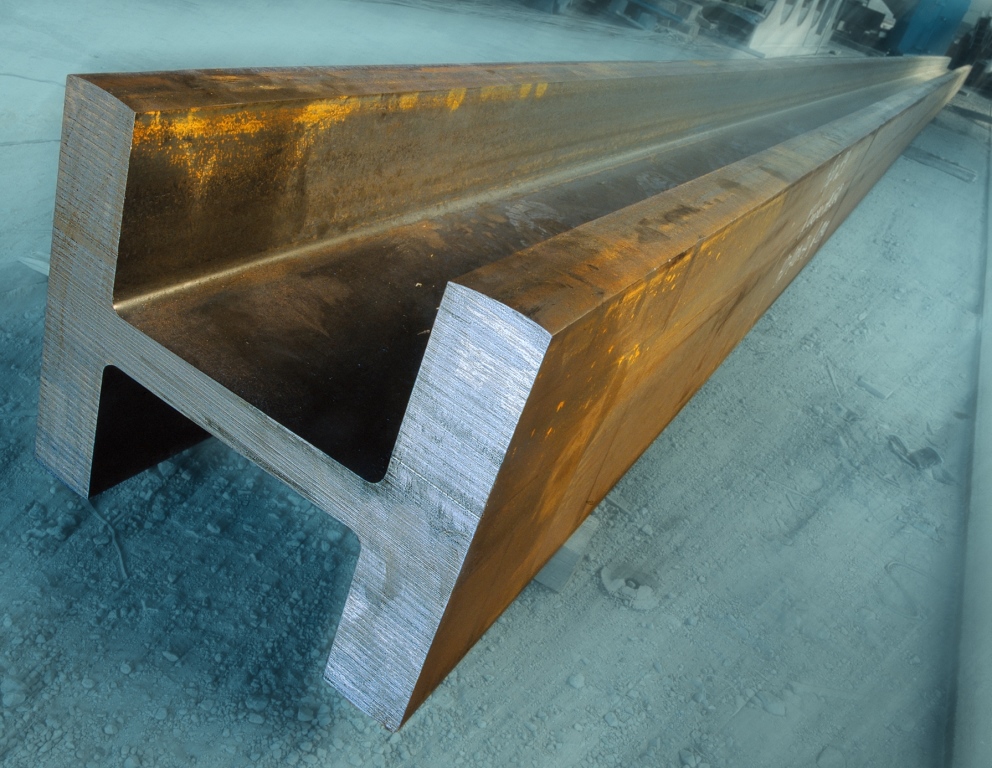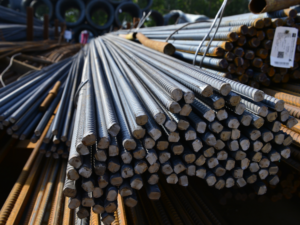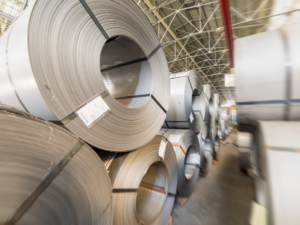Steel hollow sections prices across Europe declined in the week to Wednesday September 28, amid concerns that weak end-user demand caused by energy uncertainty could potentially lead to further price cuts in the coming weeks, Fastmarkets understands.
Fastmarkets’ weekly price assessment for steel sections (medium) domestic, delivered Northern Europe was €1,020-1,050 ($981-1,010) per tonne on Wednesday, down by €30-150 per tonne from €1,050-1,200 per tonne on September 22.
“The more the energy situation remains unclear, the more that demand in the market will slow down and there will be less and less every week,” a producer source in Southern Europe told Fastmarkets.
European Union energy ministers are scheduled to meet on September 30, to discuss and vote on emergency intervention proposals to tackle the rising energy prices being driven by Russia’s unprovoked invasion of Ukraine.
The proposals include a windfall levy on fossil-fuel companies, a revenue cap on “inframarginal” technologies such as renewables and nuclear energy and a temporary, mandatory, 5% reduction in energy consumption at peak times to reduce overall energy consumption by at least 10%.
Some traders questioned if the EU measures will be approved, with any taxation policy likely to require a unanimous vote of approval.
Soaring energy costs have led to weak construction consumption and steel production output cuts and, if demand continues to be weak, sources told Fastmarkets, prices will drop further, on a weekly basis.
“If the EU comes to a clear solution, then trust will probably come back in the economies in each [member state] and demand will pick up,” a trader in the Netherlands said.
But market participants were unsure whether the measures, if approved, would have much impact on the steel industry at all, with some traders of the view that EU decisions on the energy crisis have not been made quick enough to support mills through the winter.
Similar criticisms were leveled at the EU by European steel industry association Eurofer, which said the emergency measures did not have targets high enough, nor timeframes quick enough, to bring down energy prices or maintain the European steel industry’s competitiveness in global markets.
“I don’t think there will be a big change at all, whatever the EU decides,” a distributor source in Germany said.
The source told Fastmarkets that minimal trade and low demand over recent months had led to an “absolutely unhealthy situation” in the steel sections market.
The Dutch trader said that while no market activity had taken place over the past week, there hat been an increase in inquiries.
“The prices [mainly reflect the] new production levels. That, of course, shows us there is enough material in stock that needs to be sold. That’s why several companies are [flooding] the market with very cheap prices,” the source said.
The trader added that it was unclear if mills will continue to reduce their offer prices amid rising input costs, but producers were likely to push for price reductions to encourage sales and avoid complete production shutdowns.
Last month Italy’s Ministry of Economic Development approved an “Aiuti Ter” decree, which is designed to alleviate energy cost pressure on businesses.
According to the decree, companies from energy-intensive industries – including the steel sector – will receive up to a 40% tax discount at the end of the current year, based on their actual energy consumption.
Sources said they expect the decree to be applied in mid-October.
Fastmarkets’ weekly price assessment for steel sections (medium) domestic, delivered Southern Europe was €970-1,050 per tonne on Wednesday, down by €80-150 per tonne from €1,050-1,200 per tonne.
Prices for hot-rolled coil feedstock dipped in the week amid overstocking and weak demand.
Fastmarkets’ daily calculation of its steel hot-rolled coil index domestic, exw Northern Europe was €762.50 per tonne on Wednesday, down by €5 per tonne from €767.50 per tonne a week earlier.
Market participants said they believed sections producers will need to restock before the end of October.
“For the moment, we still have the raw materials, so we are not purchasing,” the producer source in Southern Europe told Fastmarkets. “I think more or less all sections producers are in the same situation.”
Published by: Holly Chant






